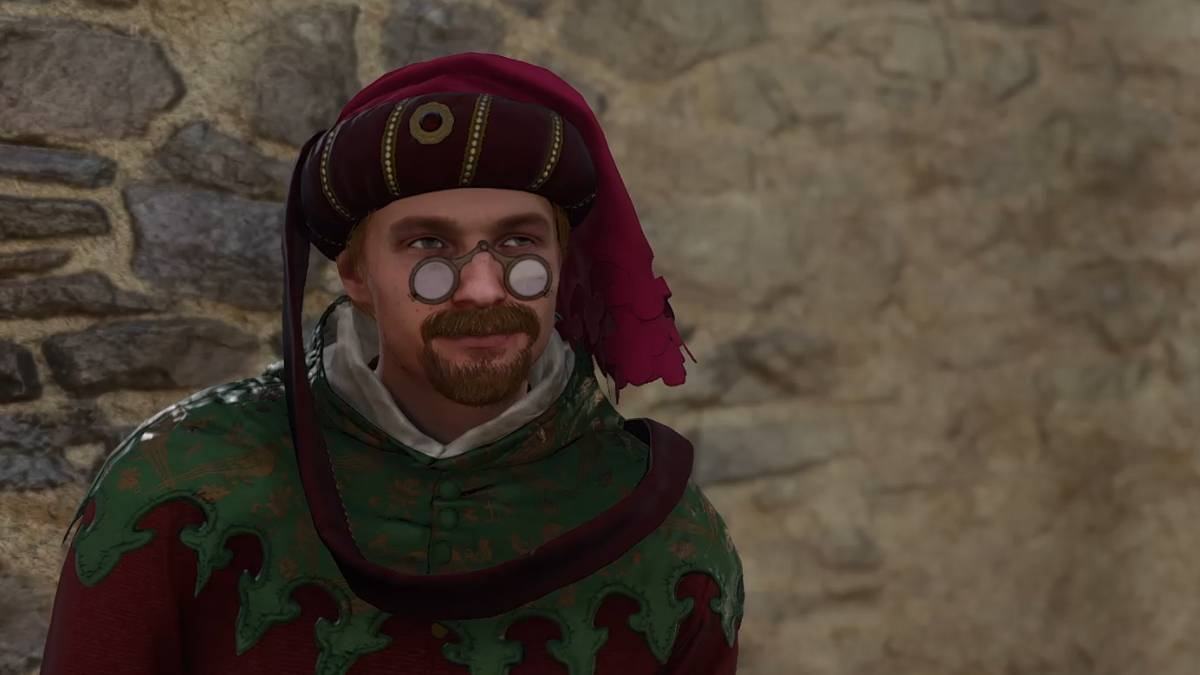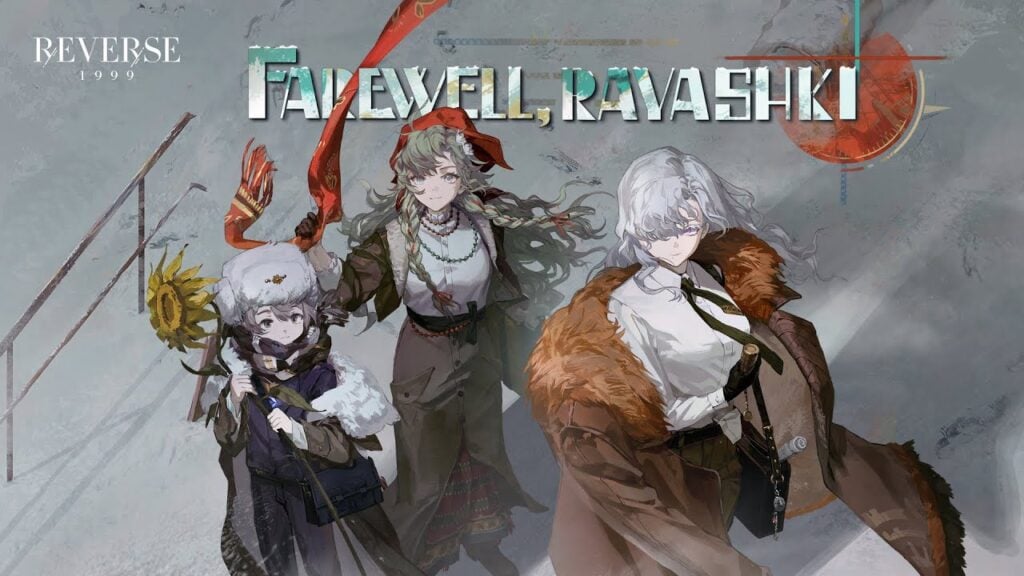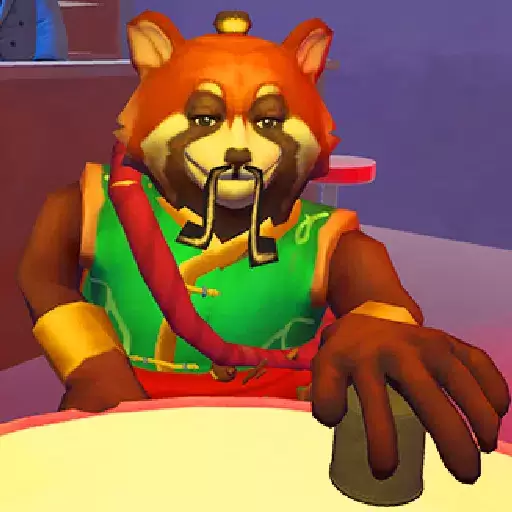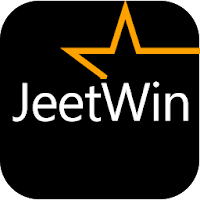In a surprising legal defeat, Nintendo has lost a trademark battle against a small supermarket in Costa Rica over the use of the name "Super Mario." The store, aptly named "Súper Mario," successfully defended its trademark in court by proving that the name was a thoughtful combination of its business type (a supermarket) and the first name of its manager, Mario.
The dispute originated when Charito, the son of the supermarket’s owner, registered the "Super Mario" trademark in 2013 after completing his university education. When the trademark came up for renewal in 2024, Nintendo challenged it, asserting that it infringed on their globally recognized Super Mario brand, which is synonymous with their iconic video game character.
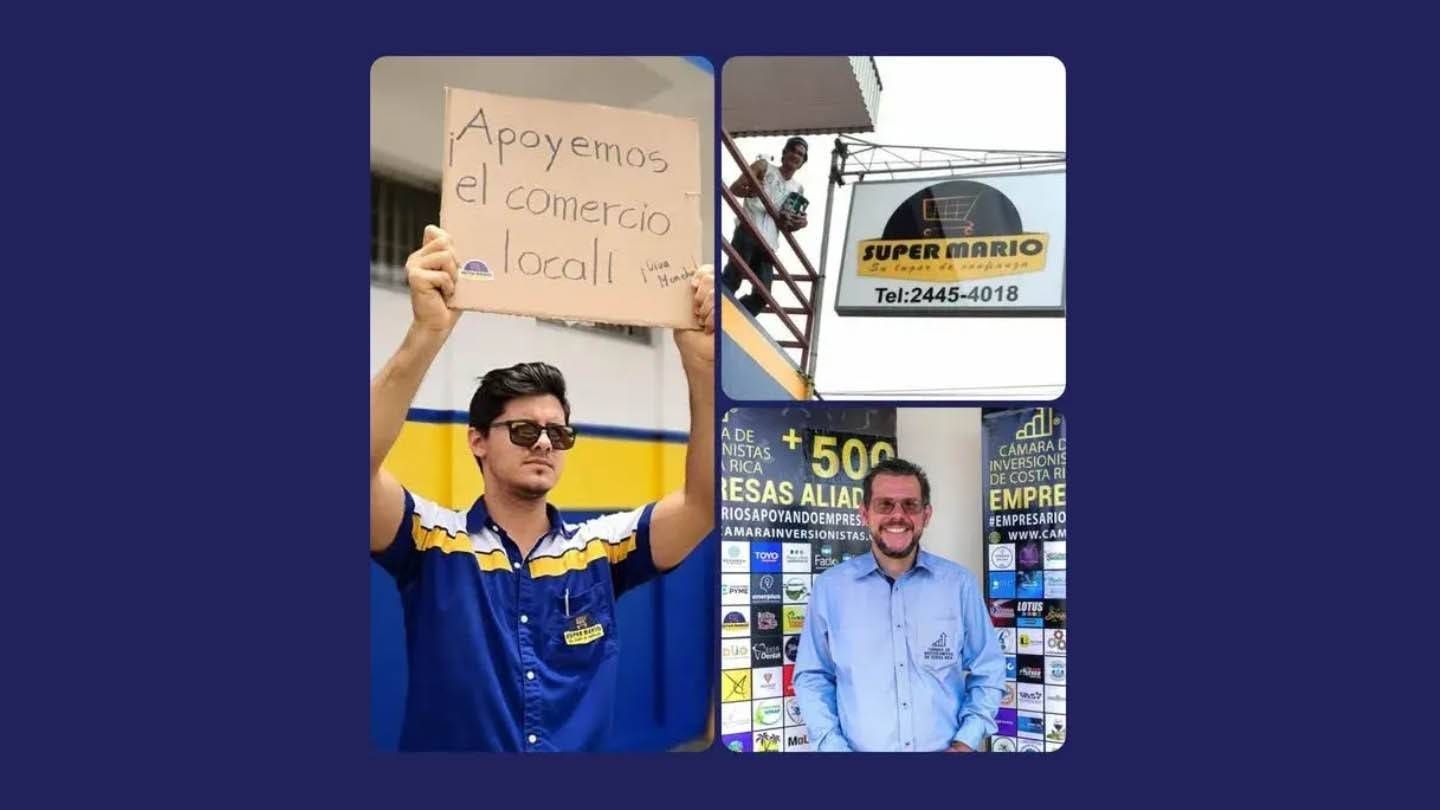 Image: x.com
Image: x.com
However, the supermarket’s legal team, led by the dedicated advisor and accountant Jose Edgardo Jimenez Blanco, robustly argued that the name was not an attempt to capitalize on Nintendo’s intellectual property. Instead, they compellingly demonstrated that the name was a straightforward reference to the store’s nature as a supermarket and the manager’s name, Mario.
"I am truly grateful to my accountant and legal advisor, Jose Edgardo Jimenez Blanco, who skillfully managed the registration and subsequent trademark battle," Charito said, expressing his relief and deep appreciation. "We were on the verge of giving up. How could we ever stand up to such a massive business entity? But Edgardo and I were determined not to back down, and just a few days ago, we received some fantastic news. 'Súper Mario' will remain with us forever."
In numerous countries, Nintendo is the exclusive owner of the Super Mario trademark across a variety of products, including video games, clothing, and toys. The company did not, however, anticipate a scenario where a local business would independently use the name for legitimate reasons.
This case underscores the intricacies of trademark disputes, particularly when global brands like Nintendo confront small businesses with legitimate claims to a name. It also serves as a poignant reminder that even industry giants can face legal challenges in safeguarding their intellectual property.

 Latest Downloads
Latest Downloads
 Downlaod
Downlaod
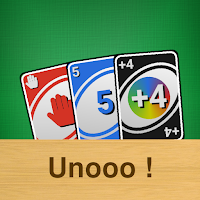

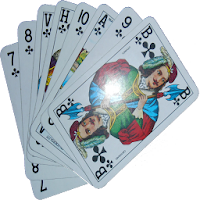

 Top News
Top News
